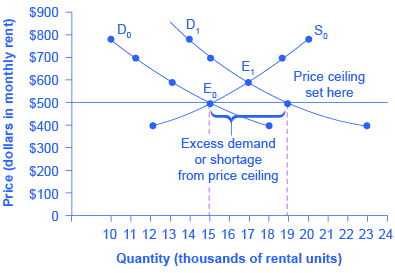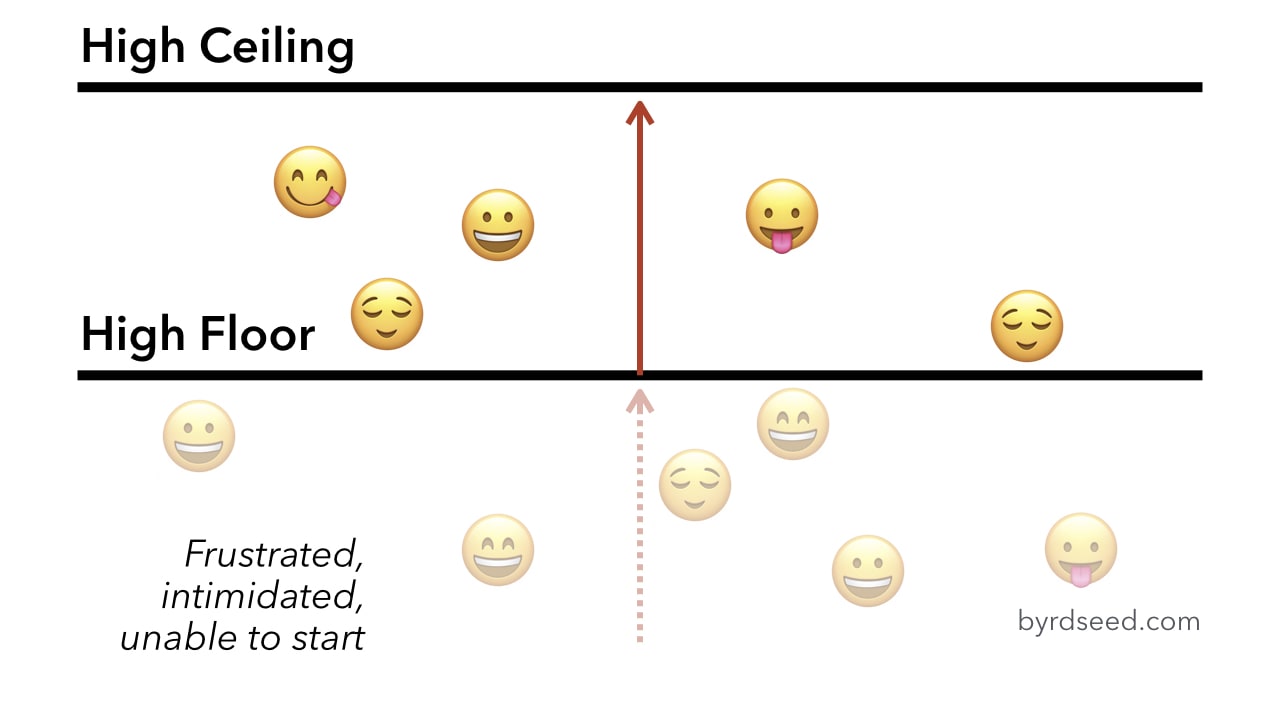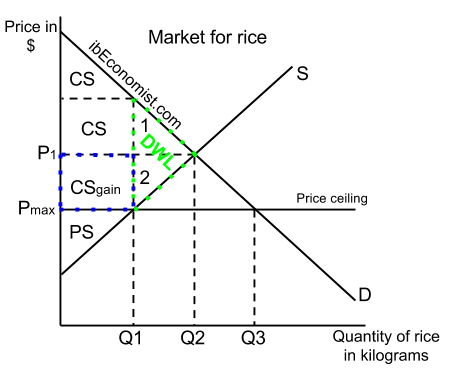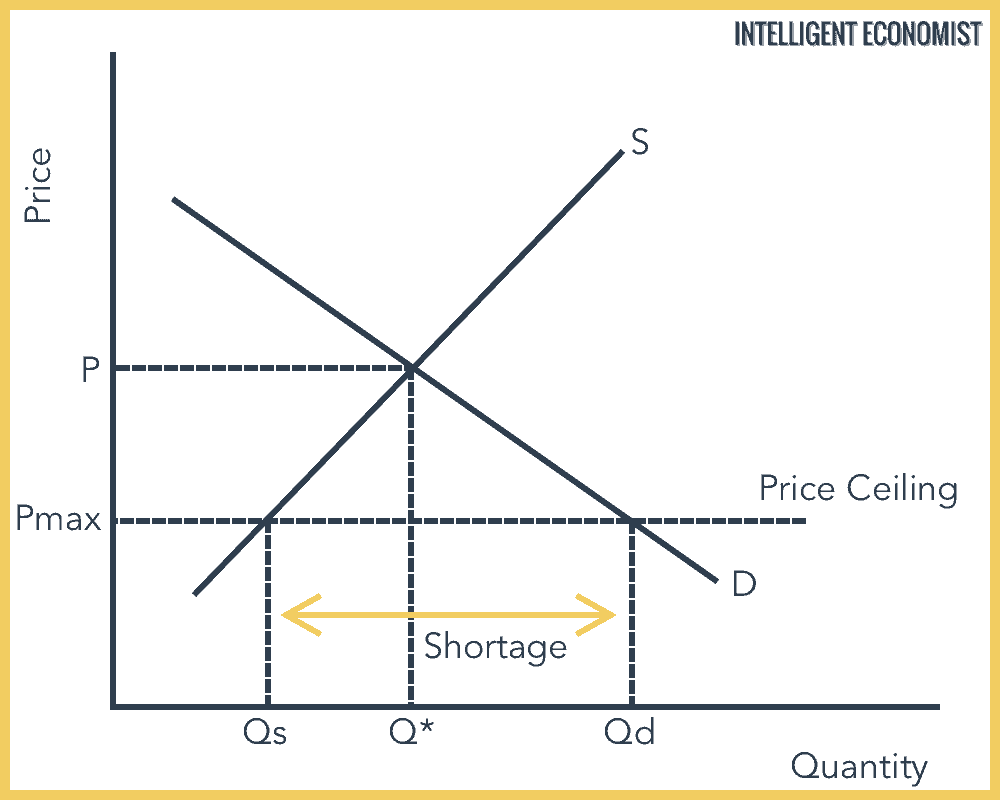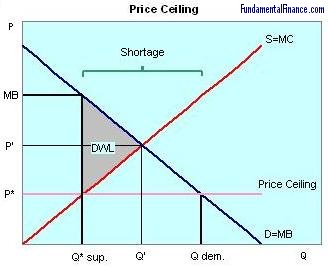Floor And Ceiling Effects Definition

Thus the test score will not increase for a subsample of people who may have clinically improved because they have already reached the highest score that can be achieved on that test.
Floor and ceiling effects definition. This could be hiding a possible effect of the independent variable the variable being manipulated. This is even more of a problem with multiple choice tests. The ceiling effect is one type of scale attenuation effect. The inability of a test to measure or discriminate below a certain point usually because its items are too difficult.
The other scale attenuation effect is the ceiling effect. In other words because the test has a continue reading ceiling effect. The ceiling effect is observed when testing children who are exceptionally gifted. Let s talk about floor and ceiling effects for a minute.
Secondary outcome measures were the ohs fcs and ohs pcs. In statistics a floor effect also known as a basement effect arises when a data gathering instrument has a lower limit to the data values it can reliably specify. An example of use in the first area a ceiling effect. It essentially describes when the dependent variable has leveled.
There is very little variance because the floor of your test is too high. Ceiling effect is used to describe a situation that occurs in both pharmacological and statistical research. The inadequacy of a test to measure the true ability and intelligence of a child. This lower limit is known as the floor.
The other scale attenuation effect is the floor effect the ceiling effect is observed when an independent variable no longer has an effect on a dependent variable or the level above which variance in an independent variable is no longer measurable. Floor and ceiling effects were considered present if 15 of patients achieved the worst score floor effect 0 48 or best ceiling effect. The specific application varies slightly in differentiating between two areas of use for this term. In layperson terms your questions are too hard for the group you are testing.
The term ceiling effect is a measurement limitation that occurs when the highest possible score or close to the highest score on a test or measurement instrument is reached thereby decreasing the likelihood that the testing instrument has accurately measured the intended domain. A floor effect is when most of your subjects score near the bottom. In research a floor effect aka basement effect is when measurements of the dependent variable the variable exposed to the independent variable and then measured result in very low scores on the measurement scale. A ceiling effect occurs when test items aren t challenging enough for a group of individuals.


